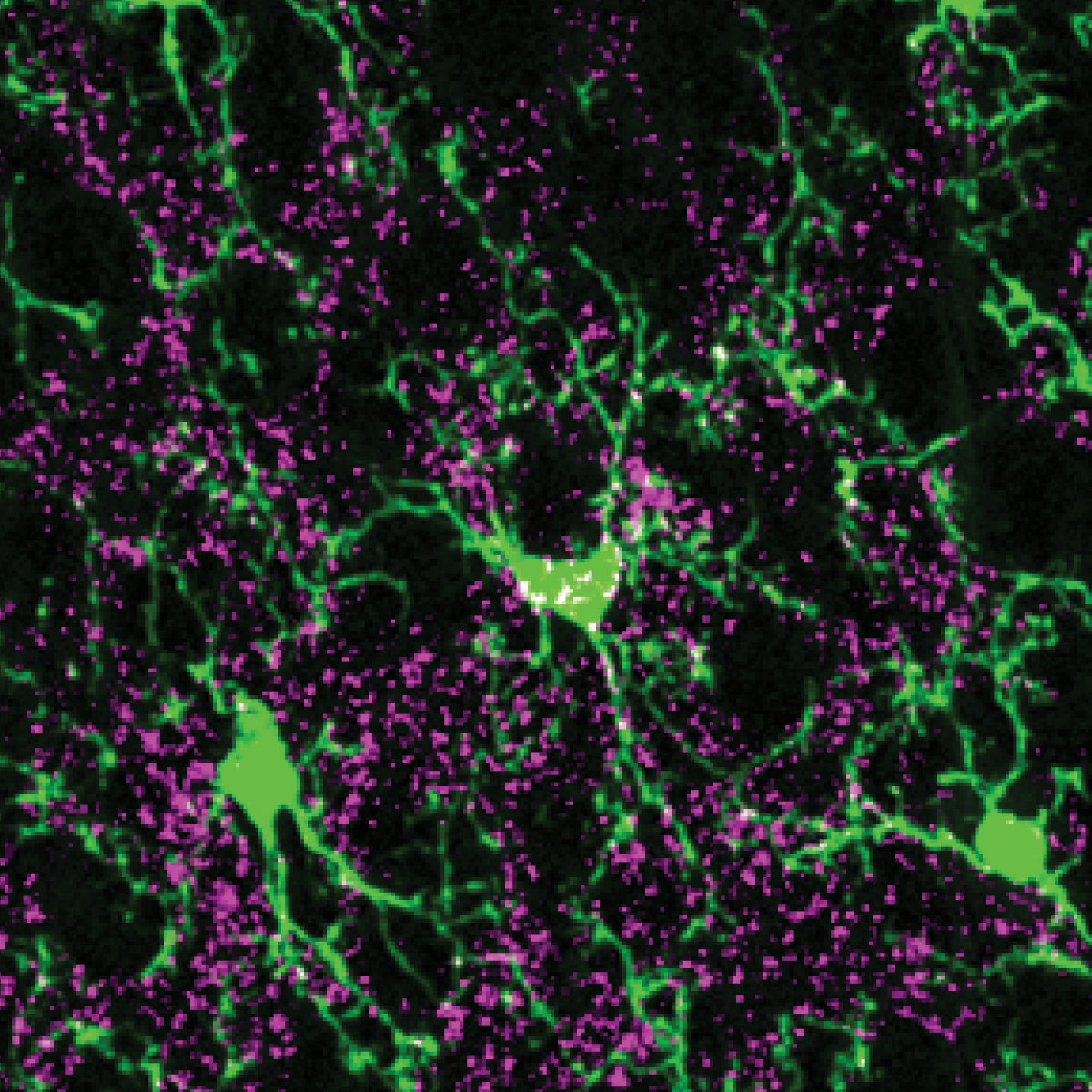You are here
Microglia at the Synapse and Beyond: Implications for Neurological Disease
Speakers
Abstract
Microglia are resident macrophages of the central nervous system. Beyond their role in inflammatory processes, they are becoming increasingly appreciated as dynamic sensors of their extracellular environment and regulators of synaptic connectivity. This includes our work demonstrating a role for microglia in developmental synaptic pruning, whereby microglia engulf and remove excess synapses in the developing brain via complement-dependent phagocytic signaling. Recently, we identified a new role for microglia in synapse loss during multiple sclerosis (MS) via the alternative complement cascade. We are now using cell-specific molecular genetic approaches and spatial transcriptomics to map the cellular sources of complement in MS. We are further using these approaches to map and transcriptionally profile another population of microglia that are highly associated with the vasculature, termed juxtavascular microglia, in the inflamed brain.


